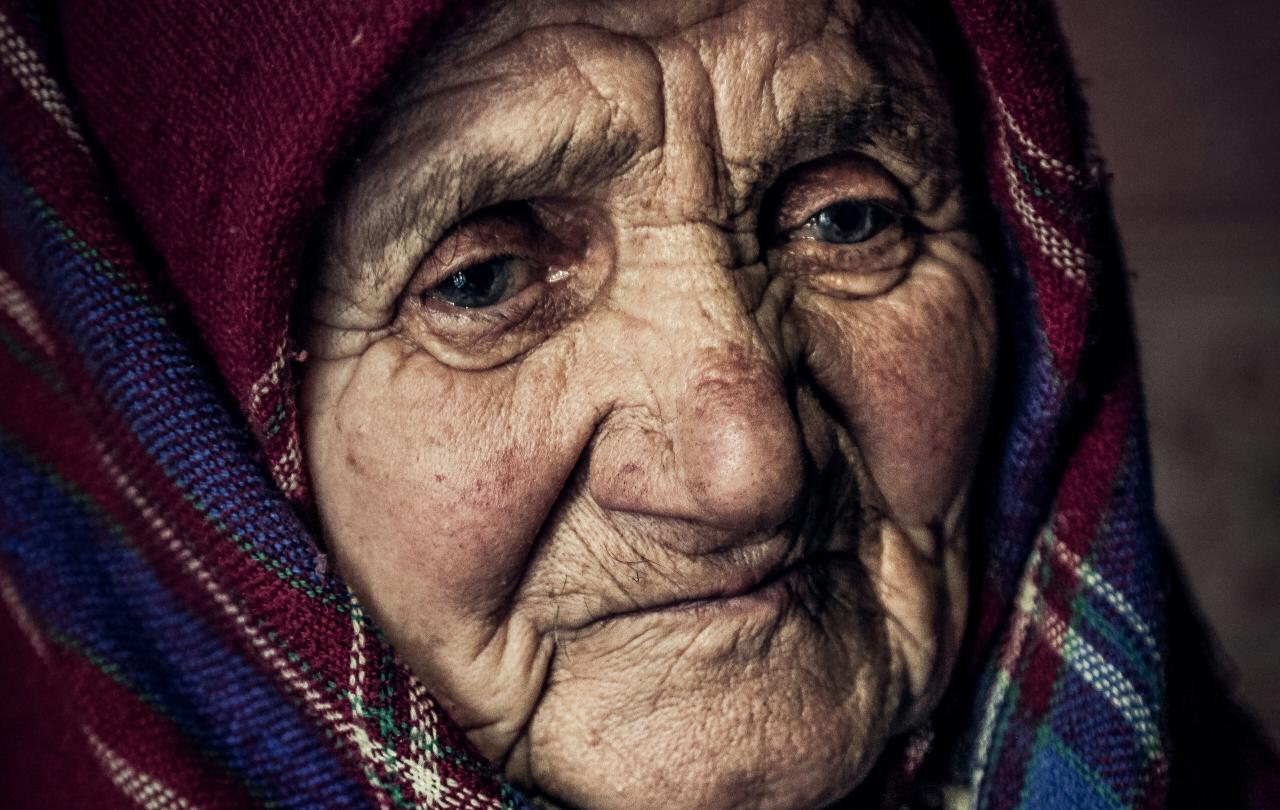The first clue came when MP Kim Leadbeater’s private members’ bill passed in the House of Commons at the end of November. She came outside to greet pro-euthanasia campaigners like she was emerging as a winner from the Big Brother house, in tears of joy, whooping and hugging and high-fiving, with prime minister Keir Starmer gurning awkwardly in her wake.
For her and her supporters, this was indeed great news. But these optics were far from great. It was as though she was celebrating the consequence of the legislation she’d introduced: “Whoa! Wonderful news everybody! We’re going to be allowed to help people to kill themselves.”
It’s not a good look, even to those who may wish for such assistance. Where was the dignity, the key word that assisted-suicide lobbyists have appropriated for their cause? Not in this carefree triumphalism, this cork-popping celebration of the prospect of death-on-demand.
Since then, the bill’s faltering passage through parliament has been characterised by this absence of dignity, a kind of cowboy rustler pushing a herd of supporters in a single direction, towards statute. And this lack of dignity matters. Not just because it is, literally, the most life-changing legislation any of us will see in our lifetimes, but because the dignity of parliament matters very much indeed.
I don’t mean the ritual flummery, the state opening by the monarch, people marching about with wigs and sticks, Black Rod and all that. I mean dignity in the sense with which we honour our democracy, the way in which we frame our legislature seriously and with due process.
Leadbeater presents as a good person and there is no apparent evidence to the contrary. But she is an inexperienced parliamentarian. Her selection for the seat of Batley and Spen, now Spen Valley, was rushed through in 2021, memories remaining acutely sharp of the murder of her older sister, Jo Cox, in the constituency in 2016. And, naturally, she has sat on the Government’s backbenches for less than a year.
Her inexperience of parliamentary process and scrutiny has shown. Committee hearings have been rammed with those who support assisted suicide and held in unseemly haste, such is the rush to get it into law. Before her bill’s second reading, she described it as having the strongest safeguards in the world, each patient requiring a sign-off from a High Court judge. When this proved impractical, the judge was replaced with a social worker, which apparently was “even safer”. So, safer than even the strongest safeguards in the world?
But more worrying still is how the passage of the bill has been factionalised. Leadbeater has alienated the mild-mannered by calling opposing voices “noise”, which is a bit like lamenting that a debate should have two sides at all. And she’s called those who disagree with her “unconstructive” and complained that opponents have “mobilised”. Well, duh. That’s how parliament works. Indeed, it’s part of its dignity, rather than a simple inconvenience for an MP in a hurry.
The media have noticed this lack of respect for procedure. I’m not sure that there’s ever been such resistance to proposed assisted-suicide legislation in the public prints before. Even the Guardian, which might be relied upon to see it as a progressive cause, has turned more than ambivalent. Only columnist and assisted-suicide flagbearer Polly Toynbee is available for a piece that amounts to saying we should move along, there’s nothing to see here and Leadbeater’s bill is doing just fine.
She, too, claims absurdly that opposition is only coming from people who oppose assisted suicide. Well, blow me down. Try as I might, I can’t trace her complaining that Lord Falconer’s supposedly independent Commission on Assisted Dying of 2011 was both funded and packed with his cause’s supporters.
In passing, it should be noted what an underminer of parliamentary dignity is Falconer too. He has claimed that justice secretary Shabam Mahmood’s opposition to the bill should be discounted because of her “religious beliefs”. Mahmood is a Muslim. For a constitutional lawyer, Falconer shows scant regard for our constitution. We might as well say that his views should be discounted because he’s a progressive secularist.
One might expect PM Keir Starmer to bring some quality to this, as an alleged stickler for legal procedure. It remains a mystery, as a supporter of the principle, that he’s left assisted suicide to a private members’ bill. If he really wanted it, it should surely be a Government bill. Cynics among us wonder if he has honoured a promise given to the terminally ill Esther Rantzen with token support for a private members’ bill, but knows it will fail.
Again, lack of dignity. If dignity in dying means anything since it was misappropriated as a campaign slogan for assisted suicide, then it should be accompanied by dignified debate and amendment in parliament. This bill has provided precisely the opposite. Let it die.
Join with us - Behind the Seen
Seen & Unseen is free for everyone and is made possible through the generosity of our amazing community of supporters.
If you’re enjoying Seen & Unseen, would you consider making a gift towards our work?
Alongside other benefits (book discounts etc.), you’ll receive an extra fortnightly email from me sharing what I’m reading and my reflections on the ideas that are shaping our times.
Graham Tomlin
Editor-in-Chief





